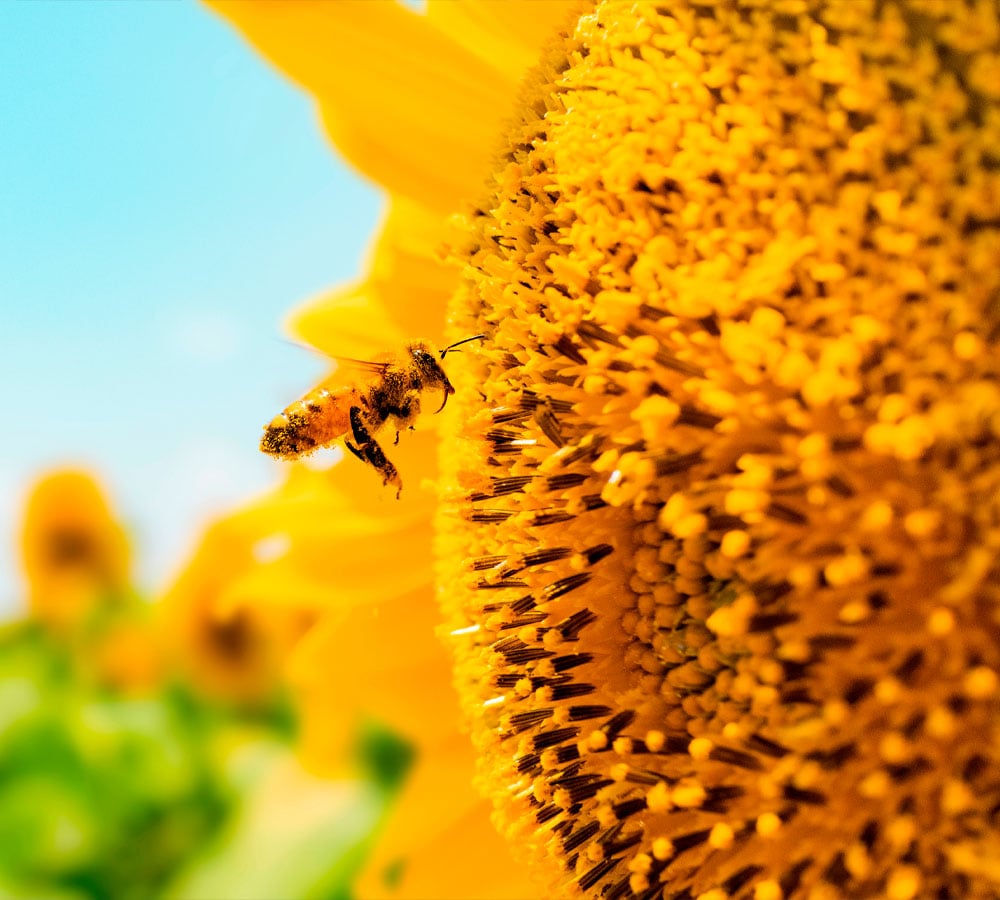In 2024, Dutch Overshoot Day fell on April 1. This year on May 5. A remarkable shift of more than a month. The logical question: are we in the Netherlands suddenly doing so much better?
The answer is less hopeful than thought. The later date is mainly due to an adjustment in the method of calculation. In addition, we see that Belgium-despite a similar economy- hardly moves at all.
What about that? And what does that say about our actual ecological footprint? You can read it in this blog.
What has changed in the calculation?
Overshoot Day's new calculation looks more precisely at which products are traded, how much CO2 emissions are released during production and to which countries this is then exported.
Suppose the Netherlands produces steel. CO2 is released during production. The steel is then exported to Germany. In the old calculation method, CO2 emissions released during production were partly allocated to the Netherlands, because it is produced here. In the new calculation method, those emissions are fully allocated to Germany, because that is where the steel is used.
This nuance works out favorably for the Netherlands. In the new calculations, the Netherlands is no longer seen as a net importer of CO2 emissions, but as a net exporter. In other words, we cause emissions, but because we export the product, those emissions are included in the importing country's figures. This causes a big drop in our carbon footprint per person-and thus a later Overshoot Day.
Why doesn't the Overshoot Day for Belgium shift just as much?
Theoretically, the change in the way ecological footprint is calculated, which explains the shift in Dutch Overshoot Day, should also impact Belgium's Overshoot Day. Yet Belgian Overshoot Day shifts by only six days in 2025, while Dutch Overshoot Day shifts by 36 days.
Putting the figures of Belgium and the Netherlands side by side, we see a difference in the amount of CO2 exported by the two countries. In 2023, the Netherlands exported a whopping 646 million kilograms of CO2, mainly from industrial production of steel, chemicals and energy. Belgium exported only 42 kilograms of CO2.
In the new calculation method, emissions from exported products are no longer allocated to the producing country, but to the country that imports the products. This works out favorably for the Netherlands, while Belgium - with far fewer exports - hardly benefits.
In short: the greater the CO2 export, the greater the arithmetical benefit. And that explains why Overshoot Day in the Netherlands advances by a larger step than in Belgium.
Milgro's vision
The shift of Dutch Overshoot Day by 36 days seems positive at first glance, but says little about the actual resource consumption or the impact of our consumption on the environment. The shift is mainly the result of a modified calculation method-not a structural change in our resource use or behavior. This makes the outcome difficult to interpret: figures suggest we are making progress, while the underlying situation has remained largely the same.
It is important to look at Earth Overshoot Day as a whole, and not focus too much on the performance of individual countries. Because suppose the Netherlands does well but Belgium lags behind, that still has a direct impact on Earth Overshoot Day as a whole.
#MovetheDate
Although the Netherlands has already shifted 36 days by 2025, there is still a long way to go to move Overshoot Day to Dec. 31, where it belongs.
Staying informed
Stay up to date on all new developments? Follow us onLinkedIn, listen to the podcast "Resource for Thought," or subscribe to the newsletter. Are you curious about what Milgro can do for your operations and waste process? Then get in touch.














